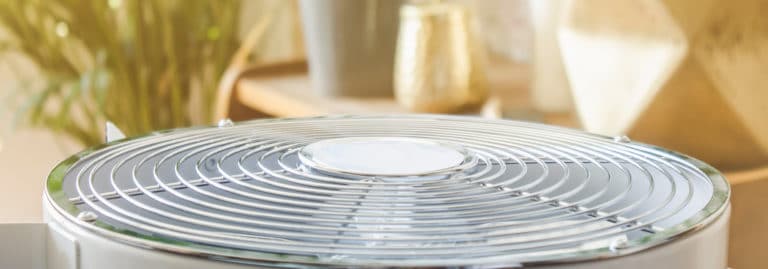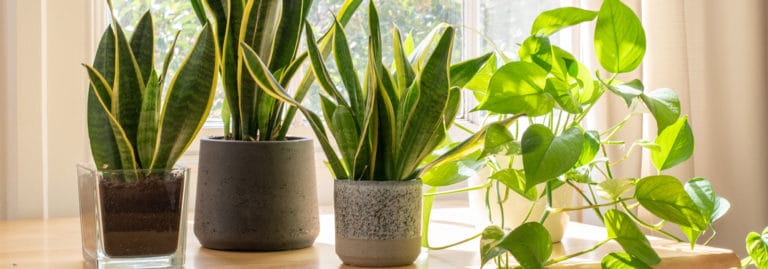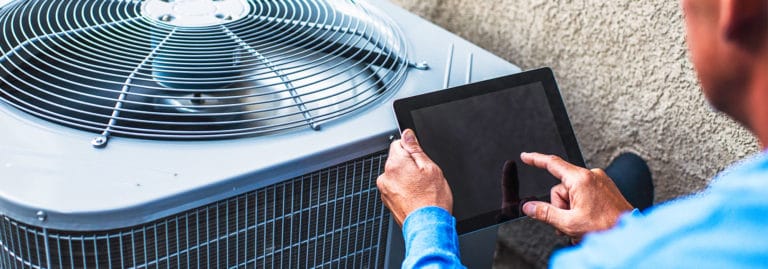How Your Home’s Humidity Affects Your Comfort
Florida is notorious for its high humidity. And while we can’t do anything about the muggy conditions outside, managing your home’s humidity can actually help you feel more comfortable indoors all year round.
Humidity measures the water content in the air, with “relative humidity” being the term used most often. Relative humidity is defined as the amount of water vapor present in the air and is expressed as a percentage to reflect the amount of water needed to saturate the air at the same temperature. This means the higher the percentage, the higher the moisture in the air, with 100% saturation becoming dew.
While we’re all aware of the muggy feeling that accompanies humidity, you might be surprised to learn that humidity can affect all aspects of your home’s comfort. The EPA suggests that your ideal indoor humidity level should be between 30% and 50%. Anything above that can lead to some damaging effects.
Dangers of High Humidity in Your Home
High humidity can drastically alter your indoor environment and lead to damage to both your home and your health.
- Discomfort: Obviously, this is the most direct effect of high humidity. High levels of moisture in the air can not only make your space feel stuffy, but can also make your home feel warmer than it actually is.
- Increased AC cost: AC units were originally invented to dehumidify, so it is natural to overwork your air conditioner in order to cool down your home. This extra work will not only result in higher energy bills, but can also increase the likelihood for AC repairs.
- Aesthetic damage: Excess humidity can warp your wood floors, stain your walls and ceilings, and even peel your paint or wallpaper. As long as you deal with these problems quickly, it shouldn’t be too costly.
- Structural damage: If your aesthetic damage is left unchecked, or your home’s humidity continues to be a problem, it can result in serious structural damage. This includes the presence of mold and mildew, which can weaken wooden interiors.
- Health impacts: Mold and mildew can cause health problems like respiratory issues and increase the prevalence of asthma and allergy symptoms. Additionally, a warm house that also has high humidity can lead to heat exhaustion, which causes dizziness, cramps, and even fainting.
7 Ways to Combat Humidity
You don’t have to live with high humidity in your home. Our experts at Airrific Air Conditioning and Heating have rounded up 7 ways to reduce humidity in your home.
You can lower humidity in your home by:
- Use ceiling fans to increase ventilation
- Get your AC filters maintained regularly
- Have a professional install a whole-home dehumidistat
- Invest in a dehumidifier
- Check your weather stripping and caulk any cracks in your windows or doors
- Utilize exhaust fans in your bathroom or kitchen
- Have your HVAC systems maintained annually
If you are interested in lowering the humidity in your home and live in Sarasota or any of the surrounding areas, call the experts at Airrific Air Conditioning and Heating today. We happily service your heating and cooling systems, as well as install and service a variety of indoor air quality solutions, including humidifier and dehumidifier options.
Need Indoor Air Quality? Talk to your air conditioning repair experts at Airrific Air Conditioning & Heating today! Call (941) 371-3355.






